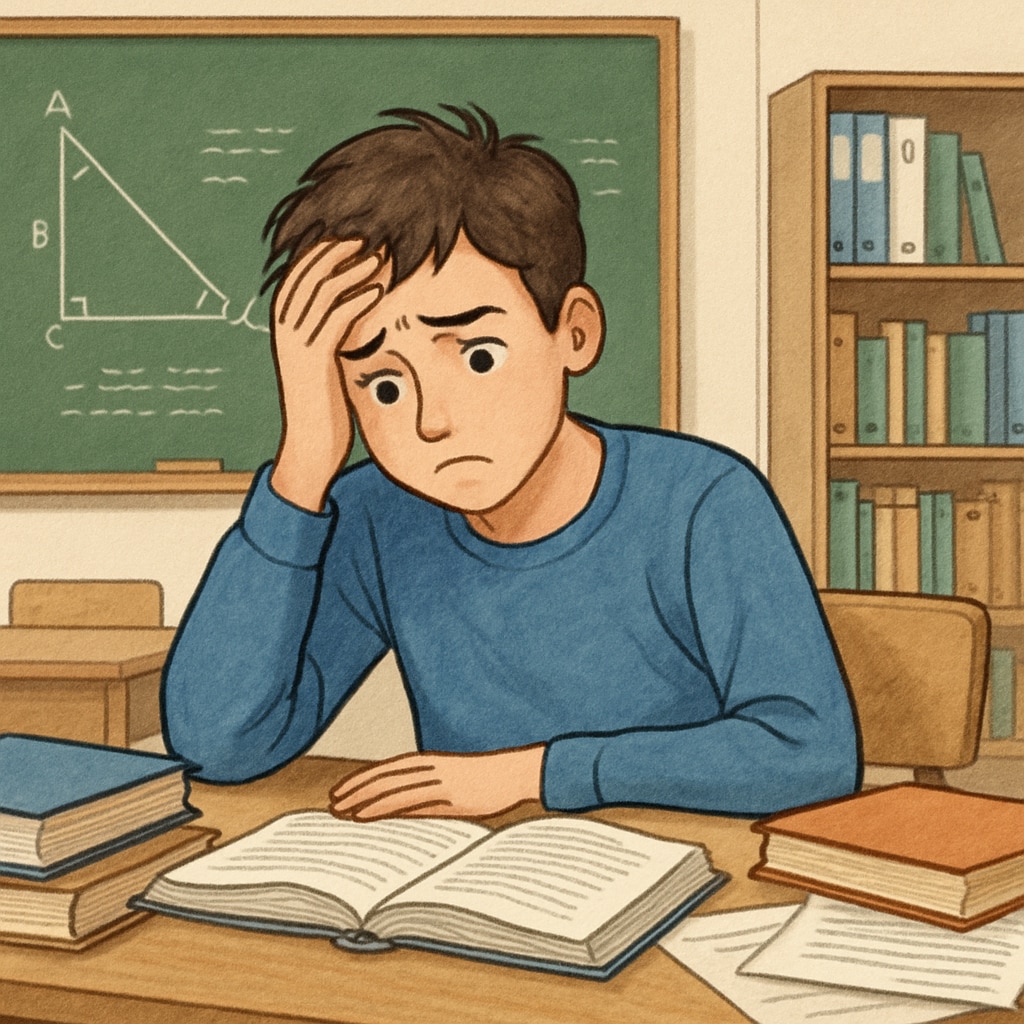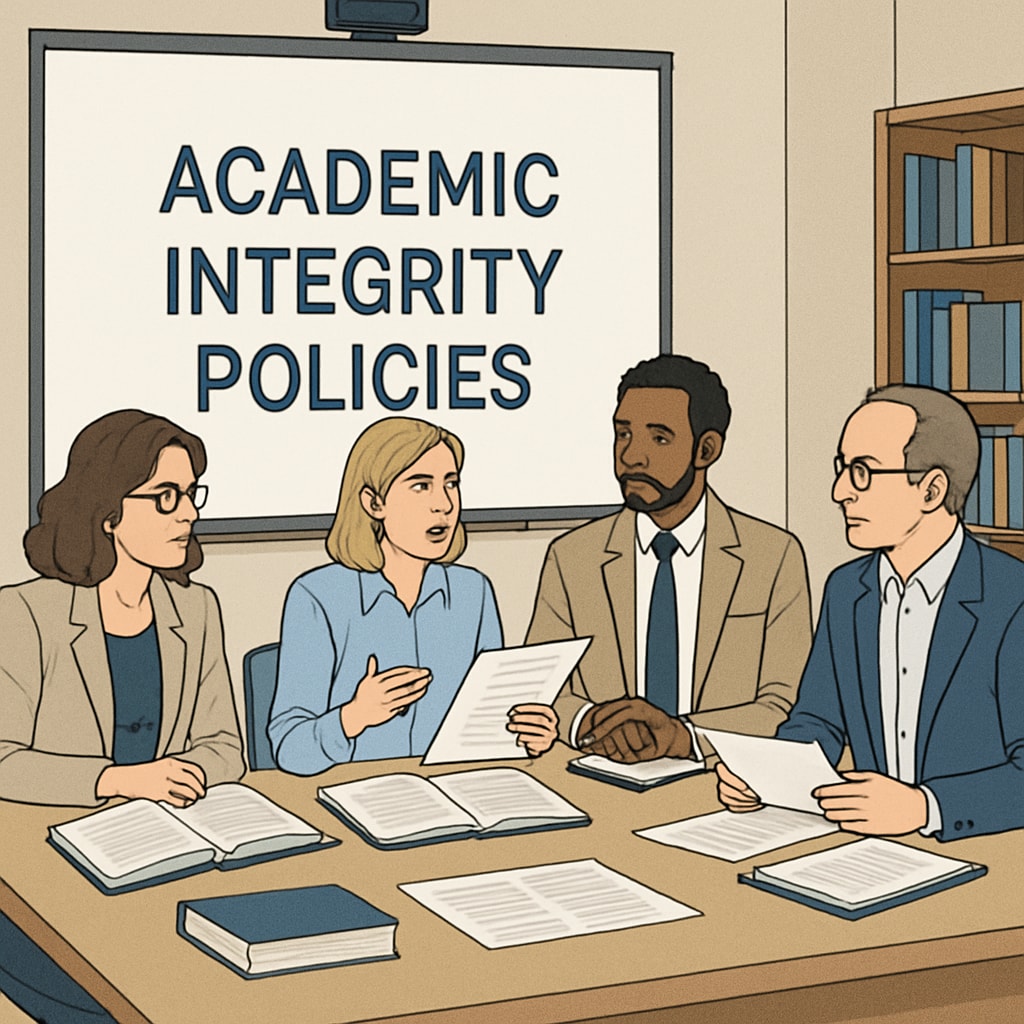Being wrongly accused of plagiarism by a professor can be a devastating experience for any student. Such accusations not only tarnish the student’s reputation but also question the integrity of the educational system. In K-12 education and beyond, allegations of plagiarism must be handled with utmost care, as their consequences can be long-lasting and severe. This article delves into the repercussions of unjust accusations, examines the motivations that might lead professors to make such claims, and proposes ways to create a more transparent and equitable system for addressing academic integrity issues.
Understanding the Impact of False Plagiarism Accusations
When students are falsely accused of plagiarism, the consequences are far-reaching. In many cases, these accusations lead to emotional distress, hindered academic progress, and damaged reputations. Students may feel isolated, embarrassed, and even discouraged from pursuing further education. Additionally, parents and peers may begin to question the student’s capabilities, leading to a loss of confidence.
False claims of academic dishonesty can also undermine trust in the educational institution itself. For instance, if a professor lacks sufficient evidence to substantiate their accusation, it raises questions about the institution’s standards for fairness and accountability. Over time, this erodes the credibility of both the teacher and the school.

Why Do Professors Make Mistaken Accusations?
Professors are human, and like everyone else, they can make mistakes. These errors may stem from a variety of factors, including:
- Lack of thorough investigation: Professors might jump to conclusions based on superficial similarities in students’ work rather than conducting a deeper analysis.
- Bias: Unconscious biases can sometimes influence professors to scrutinize certain students more than others, leading to unfair accusations.
- Pressure to maintain academic standards: In their effort to uphold high standards, some educators may overreach and accuse students without sufficient proof.
Understanding these motivations is essential for addressing the root causes of false accusations and promoting fairer practices in academia.
Establishing a Transparent System to Ensure Fairness
To prevent wrongful accusations of plagiarism, educational institutions must implement more robust and transparent processes. Here are some measures that can help:
- Clear guidelines: Students and educators should have access to clear definitions of plagiarism and examples of what constitutes academic dishonesty.
- Objective review processes: Schools should establish a neutral committee to evaluate plagiarism allegations, ensuring that decisions are not solely based on one individual’s judgment.
- Access to defense: Students must be given the opportunity to defend themselves and present evidence to refute false claims.
- Educating professors: Regular training for educators on how to identify plagiarism accurately and avoid biases is critical.
By adopting these practices, institutions can foster an environment of trust and mutual respect, where students and educators work collaboratively toward academic excellence.

Moving Forward: Balancing Integrity and Compassion
While academic integrity must remain a cornerstone of education, it is equally important to approach allegations of dishonesty with compassion and fairness. Professors should remember that their role is not only to enforce rules but also to guide students in their academic journeys. Mistakes, whether intentional or not, can be valuable learning opportunities when addressed constructively.
For students, being falsely accused can be a painful but transformative experience. Institutions must ensure that their voices are heard and that their rights are upheld. Only by addressing these challenges with transparency and fairness can the academic system retain its credibility and foster a culture of trust and mutual respect.
In conclusion, wrongful accusations of plagiarism are more than just isolated incidents—they reflect systemic flaws that require immediate attention. By implementing fairer policies, educating educators, and empowering students, we can create a more just and equitable academic environment for all.
Readability guidance: The article employs short paragraphs and accessible language to maintain readability. Lists are used to summarize key points, and transitions such as “for example” and “in addition” ensure smooth flow between ideas. The use of {{IMAGE:…}} placeholders aligns with the described article structure.


